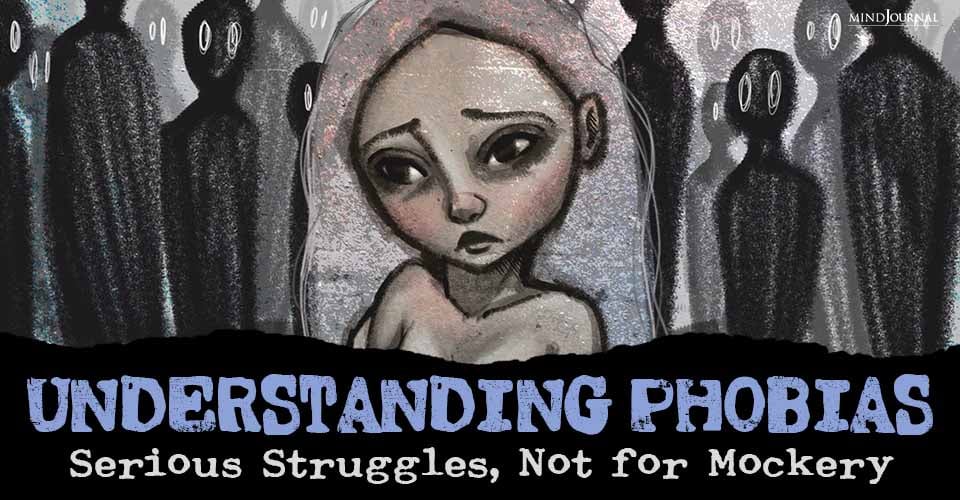Does the thought of speaking up in a meeting make your heart race? Or do you avoid social events because you’re scared of being the center of attention? Many of us lack confidence so if you’re wondering “how to improve your personality?” Then, below are 15 ways to improve your personality with the help of psychology!
But Can You Change Your Personality Traits?
The answer to this question is a big “YES”! Lack of confidence and fear of public speaking are hurdles that feel insurmountable, especially in this era that is constantly out there. You don’t have to stay stuck and don’t know how to express your true self.

The good news here is that Psychology offers some proven ways to improve your personality and help you build confidence to uncover the best version of yourself.
So without further ado let’s explore how to transform your personality.
Read More Here: 20+ Psychology Tricks To Read Anyone Like A Book
How To Improve Your Personality Using Psychology? 15 Proven Hacks!
Give yourself at least 3 months to improve personality with these useful hacks.
1. You Need Recognize Your Fear, Then Name It
Fear thrives in ambiguity. Take a moment to name exactly what you’re scared of: is it judgment, failure, or simply being misunderstood? Naming your fear gives it boundaries and makes it feel more manageable.
2. Focus on the Message, Not Yourself
When speaking in public, shift your focus from “What will they think of me?” to “How can I help them?” This subtle change transforms your nervous energy into a purpose-driven energy.
3. Stop Labeling Yourself
“I’m shy” or “I’m just not good with people” are labels that hold you back. Instead, try reframing with “I’m working on my confidence” or “I’m improving my communication skills.” Words matter, they shape your identity and personality.
4. Make Use Of the Power of Practice
Confidence doesn’t come from luck, it comes from being prepared. Practice in front of a mirror, record yourself, or rehearse with a trusted friend. Each and every practice session chips away at your fear.
5. Reframe Mistakes as Opportunities
Messing up doesn’t mean you’ve failed. It means you’ve learned. Each stumble is a step closer to mastery. Keep a “wins and lessons” journal to reframe your perspective on mistakes.
6. Adopt Confident Body Language
Stand tall, make eye contact, and smile. Even if you don’t feel confident, acting the part sends signals to your brain and others that you’re in control. Fake it till you make it isn’t just a saying; it’s neuroscience in action.
7. Break the Ice with Simple Interactions
If speaking in front of a crowd feels overwhelming, start small. You can begin by saying hello to a stranger, give someone a compliment if you think their outfit is cute, or ask for help in a store. These everyday interactions build your social confidence brick by brick.
8. Visualize Your Success
Close your eyes and imagine yourself confidently delivering a speech or engaging in a fun conversation with someone. Visualization helps create mental blueprints for success, making the real thing feel more familiar than unattainable.
9. Join a Supportive Community
Groups like Toastmasters or local meetups provide a safe space to practice public speaking and help build your confidence. Surrounding yourself with people on similar journeys can be incredibly empowering.
10. Master the Art of Pausing
Silence can be powerful. Instead of filling every gap with nervous chatter, learn to pause. It conveys calmness and gives your audience time to absorb your message.
11. Challenge Negative Thoughts
When your inner critic starts whispering, “You’re going to fail,” challenge it. Ask, “What’s the evidence for this?” Often, fears are based on assumptions rather than facts.
12. Celebrate Small Wins
Spoke up in a meeting? Asked a question in class? Celebrate it! Each small victory counts and helps build momentum to reinforce your belief in your abilities.
13. Learn to Manage Your Breath
Public speaking fear often triggers shallow breathing, which increases anxiety. Practice deep, diaphragmatic breathing to calm your nerves and center yourself.
14. Focus on Connection, Not Perfection
Your audience isn’t looking for perfection, they’re looking for someone authentic. Let go of trying to be flawless and aim to connect with them instead. Try but don’t try too hard to impress someone.
15. Lastly, Be Patient with Yourself
Personal transformation is a journey, not a sprint. Celebrate progress, forgive setbacks, and remind yourself that even the most confident people started somewhere.
Read More Here: Color Psychology: How Colors Influence Your Choices and Feelings
Building confidence and transforming your personality isn’t about erasing who you are, it’s about letting the best parts of you shine. If you learn how to transform your personality, you’ll grow into the confident, capable person you’ve always wanted to be.










Leave a Reply